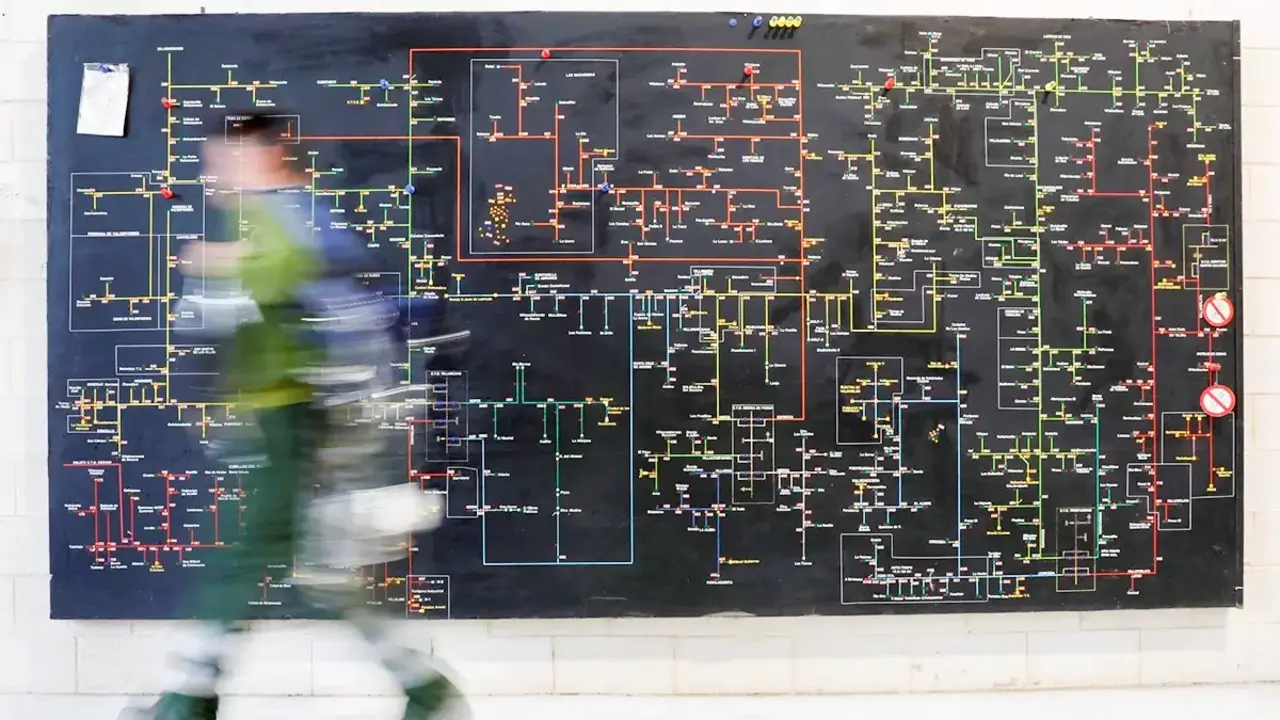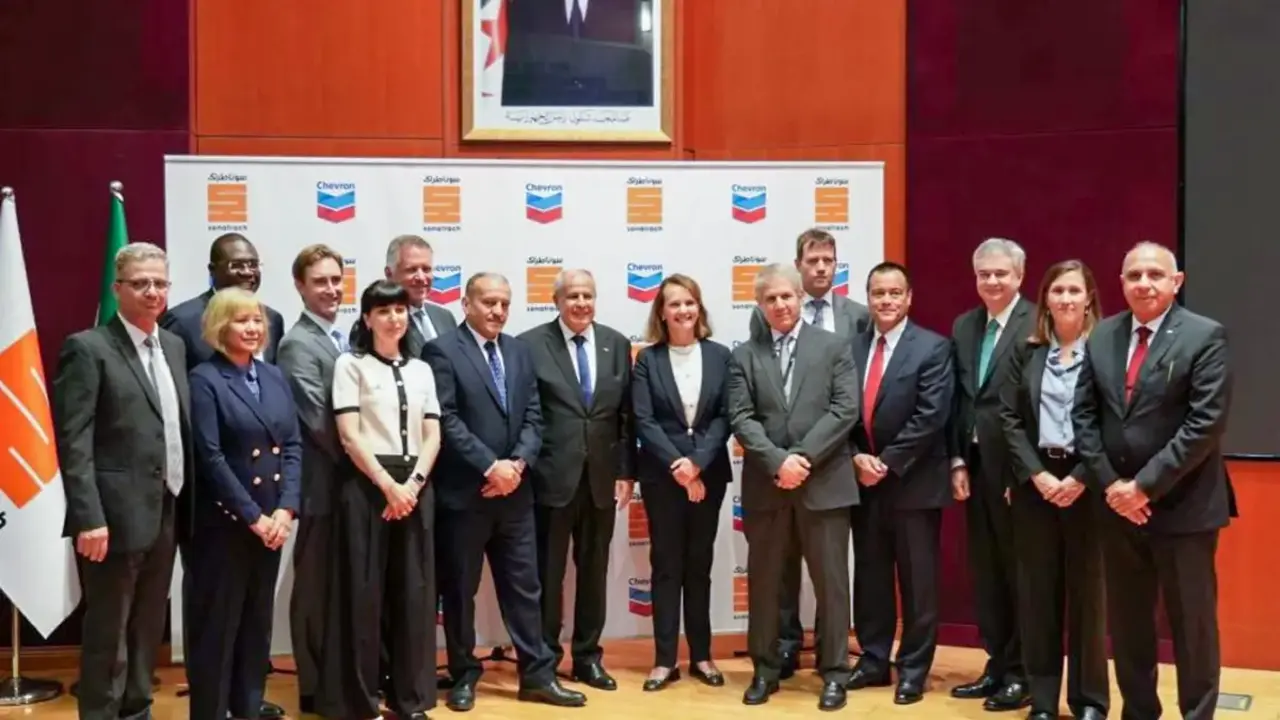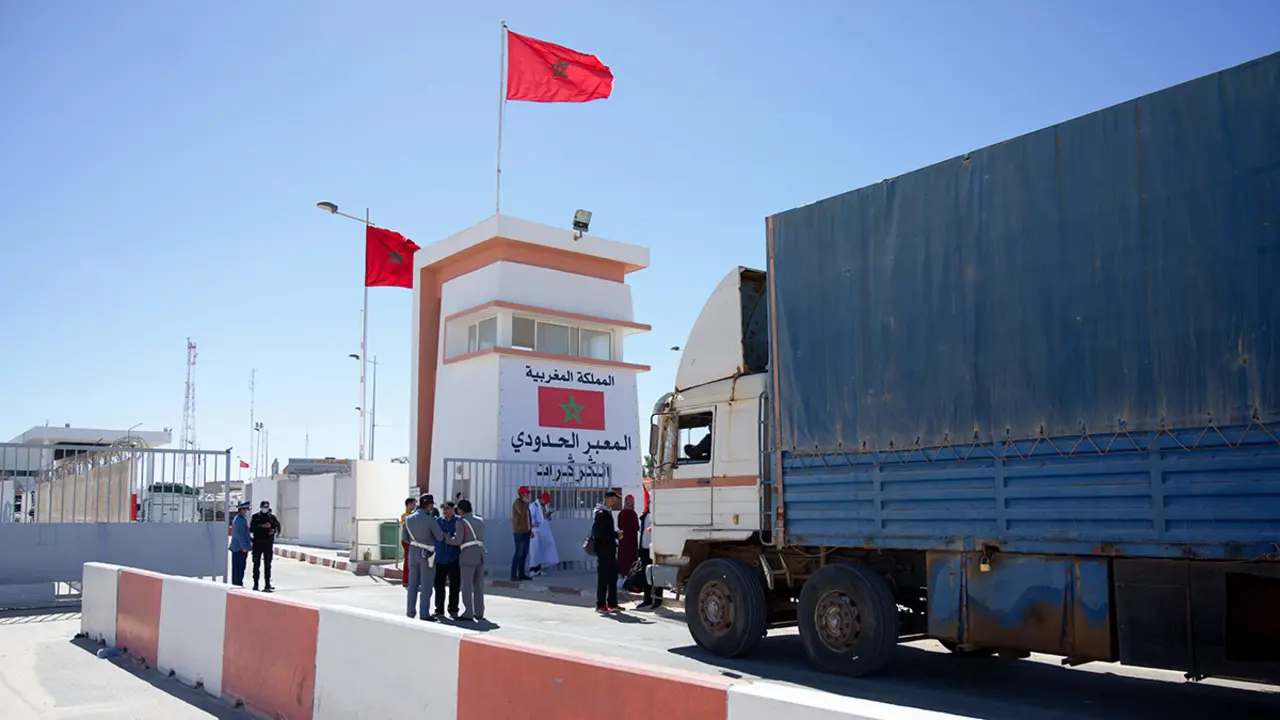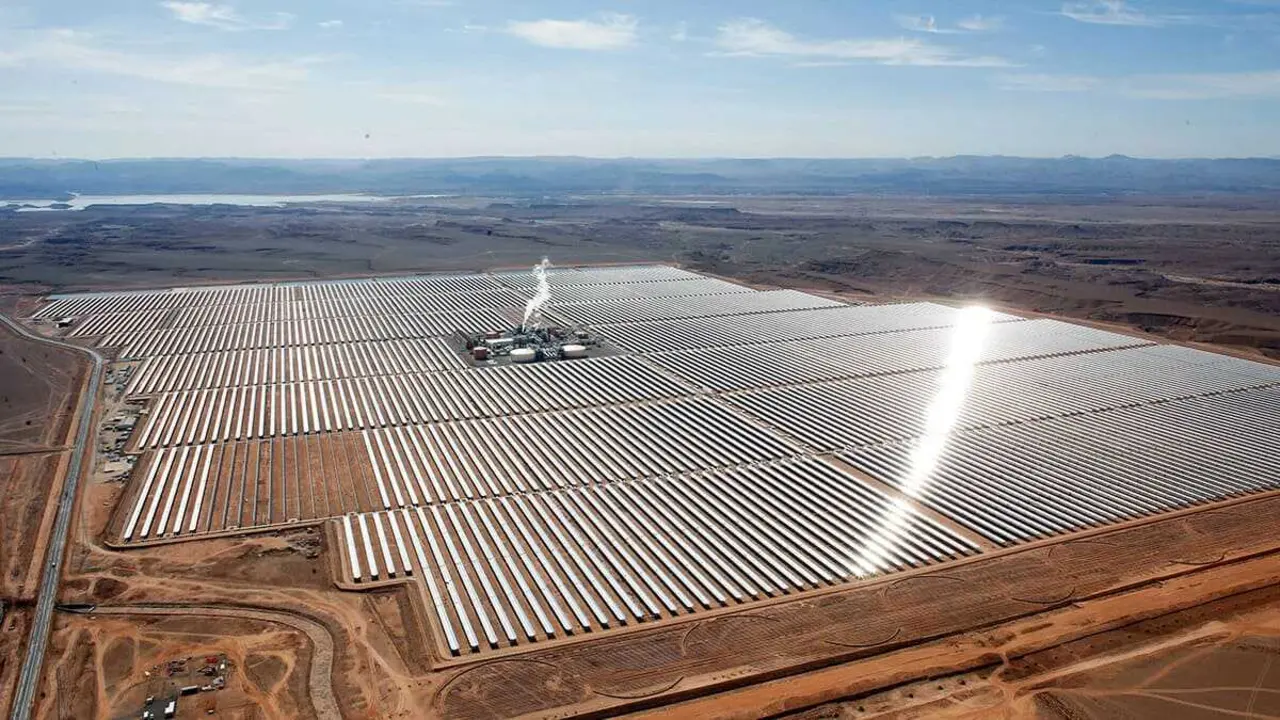Las estrategias monetarias marroquíes perpetúan su éxito

When organisations of this stature praise economic growth and mercantilism, it is no coincidence. First the International Monetary Fund, then the AMF and the World Bank. The president of the European Bank for Reconstruction and Development (EBRD), Odile Renaud Basso, praised the reforms initiated by the Moroccan government to cope with the economic impacts of the coronavirus pandemic. This came during Renaud Basso's official visit with several representatives of the European Bank to Rabat, during which she met on Thursday with Moroccan Prime Minister Aziz Akhannouch.
The President of the European Bank praised "the progress the North African country has made in consolidating and modernising its infrastructure network, seawater desalination plants and renewable energy sources". Morocco has a privileged partnership with the European Bank for Reconstruction and Development (EBRD). During the meeting with the delegation, the Moroccan prime minister expressed his country's desire to further strengthen this partnership in many fields. Akhannouch said, according to a statement from the prime minister's office, that this is being achieved by "accelerating the development of the green economy, addressing water scarcity, promoting social cohesion and reducing regional disparities".

Founded in 1991, two years after the fall of the Berlin Wall. Today, it links 71 Member States and two supranational institutions (European Investment Bank and European Union). The EBRD has repeatedly expanded its geographical mission, so that it now operates in 39 countries in Europe, Central Asia and the Southern and Eastern Mediterranean. Its aims include supporting the transition to a market economy in the countries of Central and Eastern Europe, Central Asia, Mongolia and the Southern and Eastern Mediterranean, and fostering private initiative by financing projects in the private sector and, to a lesser extent, the public sector.
In the last decade, since the entry into force of the new EU-Morocco Association Agreement, fruit and vegetable imports into Spain from the Alawi kingdom have increased fourfold. While within the EU framework, Moroccan exports have doubled in the same period. "This increase in Moroccan sales (in Spain, in the EU as a whole and in the UK), has resulted in a cut in prices in foreign markets, as well as an adjustment in the volume of Spanish sales. This situation is reflected above all in some of the most important products, such as peppers and tomatoes, where exports have gone from more than 900,000 tonnes to less than 700,000 tonnes", according to the newspaper El País.

The two sides expressed satisfaction with the level of relationship and cooperation between the two sides on many development and infrastructure projects, as well as the partnership with government agencies and the private sector. The EBRD more than doubled its investment in Rabat last year, providing more than 528 million euros to finance 14 projects, up from 211 million euros in 2021. The bank said in a statement on Thursday that it has invested a record €360 million in the private sector and €170 million to support Morocco's green economy, noting that 58% of the total investment focused on gender and inclusion.
The bank co-financed the "First African Wind Farm Modernisation Project" with a loan of up to €44 million to build a wind farm in Kidia Blanca in the north of the country. "EBRD is committed to supporting economic growth, regional integration, green economic potential and promoting equal opportunities in Morocco, especially in the fight against unemployment," said Renaud Basso on youth and gender issues. The Alawi kingdom has doubled its commitment to renewable energy. Although renewable energy has become a strategic factor in economic development, Morocco remains heavily dependent on the international energy market, importing more than 90 per cent of its energy needs.








